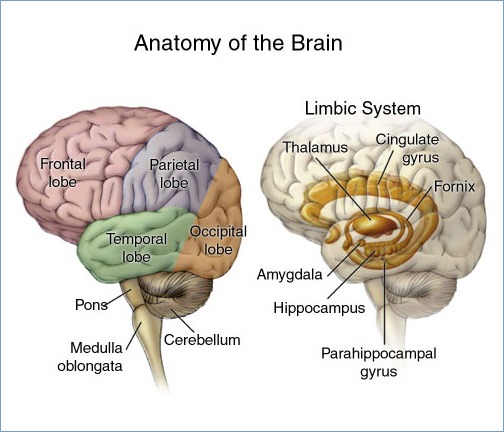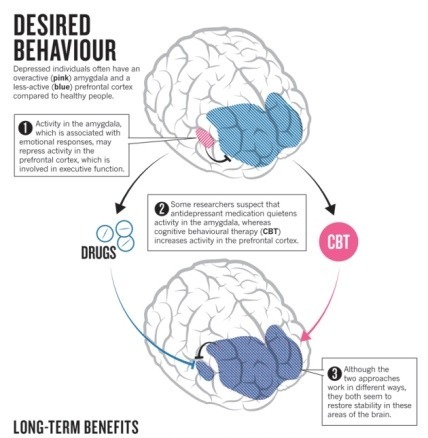Posts Tagged ‘Limbic-System’
How ’sleeping on it’ can help the prefrontal cortex regulate emotional responses, making us feel better in the morning
Instead of lying awake worrying, we’re often told to “sleep on it” when making decisions both big and small. And there’s actually a scientific basis for this advice. Sleep can influence our response to emotional situations, and helps us to manage our mental health. To understand why sleep and emotions are so connected, it’s important…
Read MoreThe frontal lobes, the little brain down under and “Stayin’ Alive” (3/3)
__ [Editor’s note: Continued from Exploring the human brain and how it responds to stress (1/3) and On World Health Day 2020, let’s discuss the stress response and the General Adaptation Syndrome (2/3)] More on the Cortex, the Limbic System, and Stress: The cortex is made up of four major sections, arranged from the front…
Read MoreStudies suggest we better train the mind as we train the body: with cross-training and in good company
______________________________________________ Different meditation types train distinct parts of your brain (New Scientist): “We are used to hearing that meditation is good for the brain, but now it seems that not just any kind of meditation will do. Just like physical exercise, the kind of improvements you get depends on exactly how you train – and…
Read MoreShould Cognitive Behavioural Therapy (not antidepressant drugs) be the first-line treatment for depression?
— Depression: A change of mind (Nature): “Cognitive therapy, commonly known as cognitive behavioural therapy (CBT), aims to help people to identify and change negative, self-destructive thought patterns. And although it does not work for everyone with depression, data have been accumulating in its favour. “CBT is one of the clear success stories in psychotherapy,”…
Read MoreYour Trading Brain: Expert or Novice
All trading strategies and decision making are brain-based synaptic strategies. The human brain has an infinite capacity to change, organize and reorganize itself, progression to trading excellence is possible.
Read MoreUse It or Lose It, and Cells that Fire together Wire together
Everyone has heard of “Use It or Lose It.” Now…what is “It”? Last week I gave a talk at the Italian Consulate in San Francisco, and one of the areas attendees seemed to enjoy the most was learning about what our brains are and how they work, peaking into the “black box” of our minds. Without understanding…
Read More


